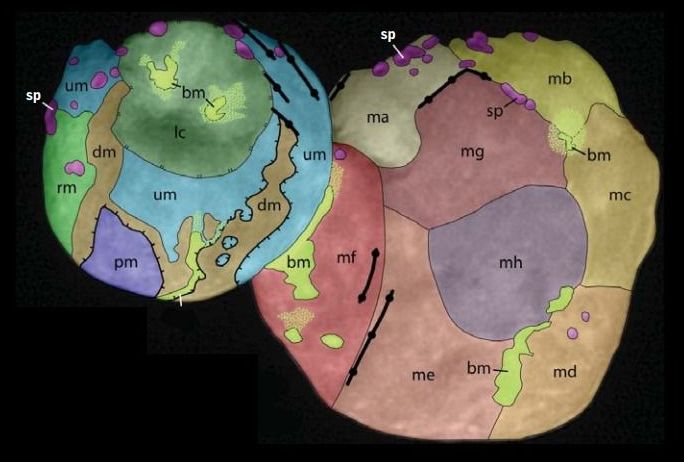The space snowman known as 2014 MU69 or Ultima Thule added to its celebrity today by showing up on the cover of the journal Science, with the first peer-reviewed results from an encounter with NASA’s New Horizons spacecraft laid out within.
Close study of the two-lobed object — which orbits 4 billion miles from the sun within a sparse belt of icy material known as the Kuiper Belt — could shed light on how the solar system was formed, said New Horizons principal investigator Alan Stern, a planetary scientist at the Southwest Research Institute.
“We’re looking into the well-preserved remnants of the ancient past,” Stern said in a news release. “There is no doubt that the discoveries made about Ultima Thule are going to advance theories of solar system formation.”
